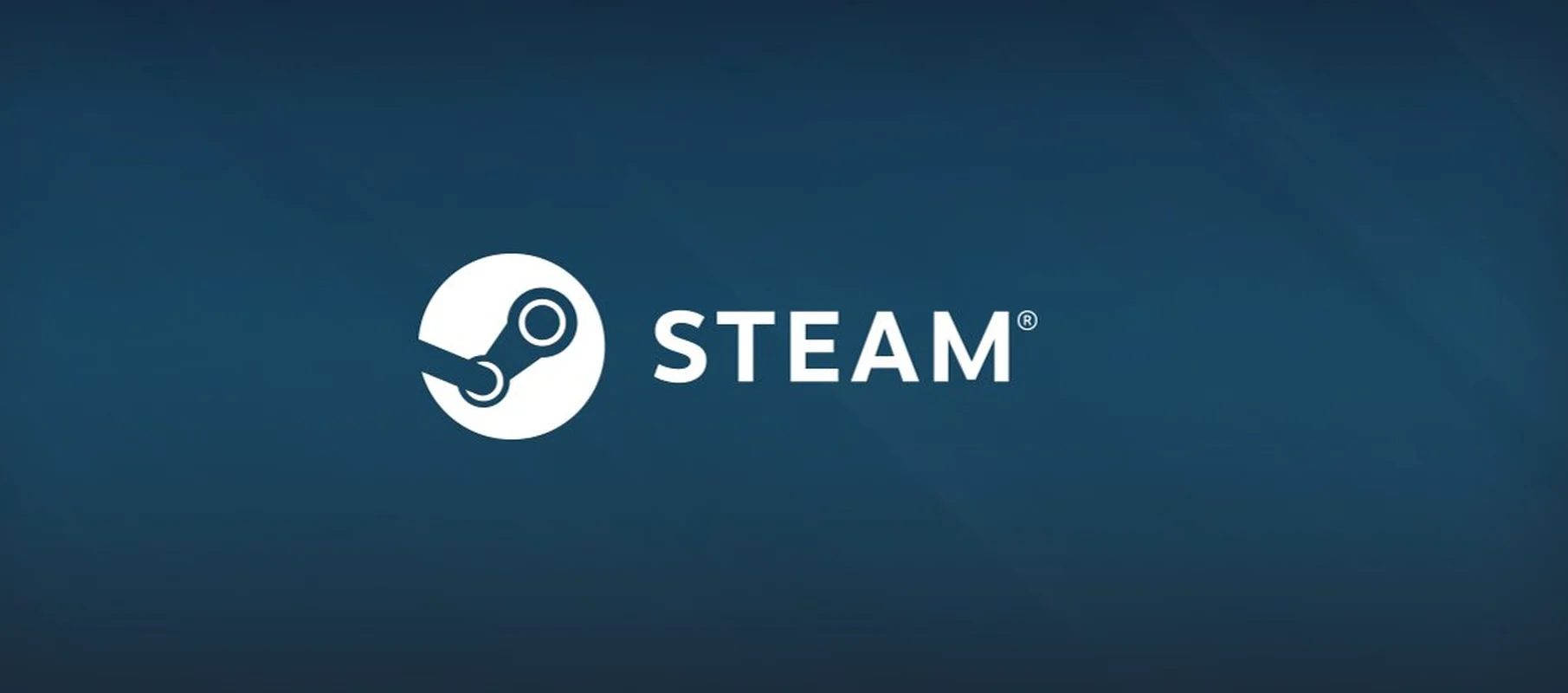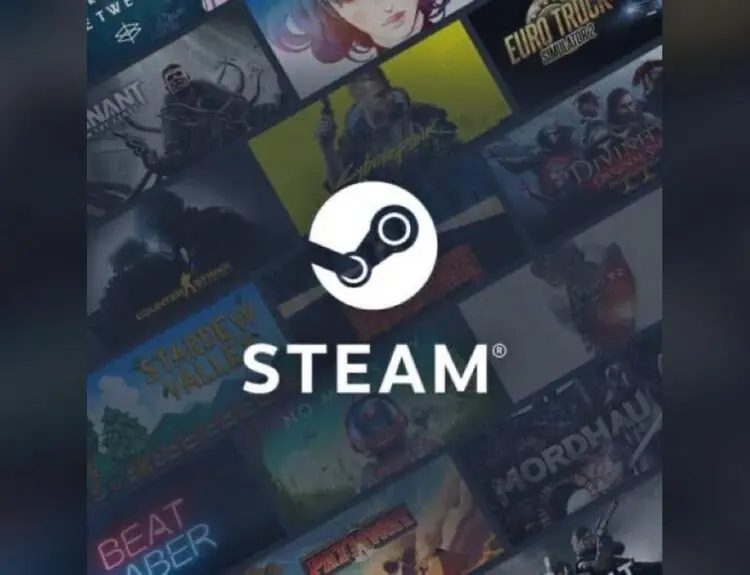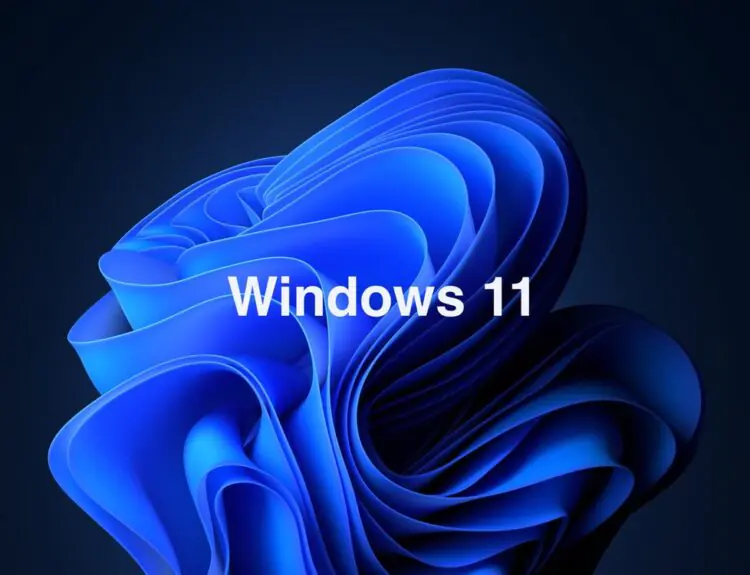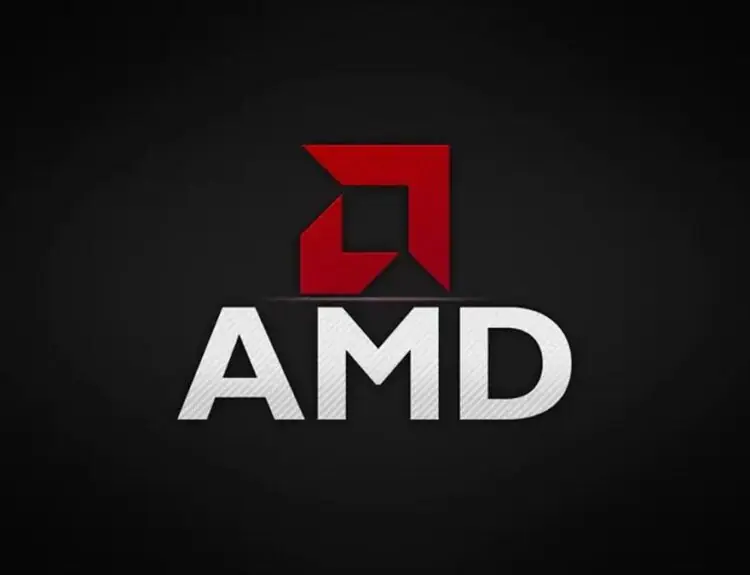Valve continues to successfully iterate on the immensely popular Steam platform via a mechanic known as Steam Labs. Steam Labs is a way that developers at Valve can dream up something that would be helpful to Steam’s 23 million strong user base, and it ranges from helping users find hidden gems to binge-watching hundreds of six-second trailers in one sitting.
The most recent Steam Lab experiment is known as Play Next; a feature that uses machine learning to encourage users to explore their library; a helpful mechanic when libraries easily reach well over 1,000 owned games, with many unfortunately destined to sit and collect digital dust over the years.
It’s not necessarily that they’re poor games, either; when Steam offers a massive litany of titles on sale in a singular event, users are simply likely to forget that other titles have been purchased.
Further compounding the issue is that many websites offer bundle deals, with Steam included. When you happen to score $700+ worth of titles for $40, as Square Enix recently offered, some titles are simply going to fall through the cracks.
Originally released into Steam Labs on February 14, 2020, Valve has found that the Play Next feature is more than helpful enough to add to users Steam libraries. Announced yesterday at 1700 EST by Valve, Play Next has graduated into full usage.
Now available in non-beta branch 🙂 https://t.co/hC6HoPFHMO
— Alejandro LL. (@Morwull) May 14, 2020
The feature won’t be available to everyone in Steam, however; the shelf will only appear if users have multiple unplayed titles or titles with very low playtime already attached. The shelf will appear near the top of the Steam library home, depending on your personal configurations of shelves that Steam released in late 2019.
Play Next isn’t going to be the last Steam Experiment, either: two new experiments have already launched in the laboratory; Experiment 009 New Hubs and 004.1 Search Query Expansion.
Unlike consoles, where new iterations need to come out with every generation (barring backwards compatibility which a title may or may not support) a title released onto Steam is there forever and can be infinitely purchased and played until Valve goes belly-up.
Thus Steam has thousands upon thousands of titles, and searching through them all to find the next ‘great thing’ to pour hundreds of hours in is a difficult endeavour.
It’s a strong showing from Valve to tackle this issue head-on, rather than pretending the issue doesn’t exist. Using Steam Labs, many smaller titles can be found and enjoyed instead of only AAA games getting the spotlight and attention.







